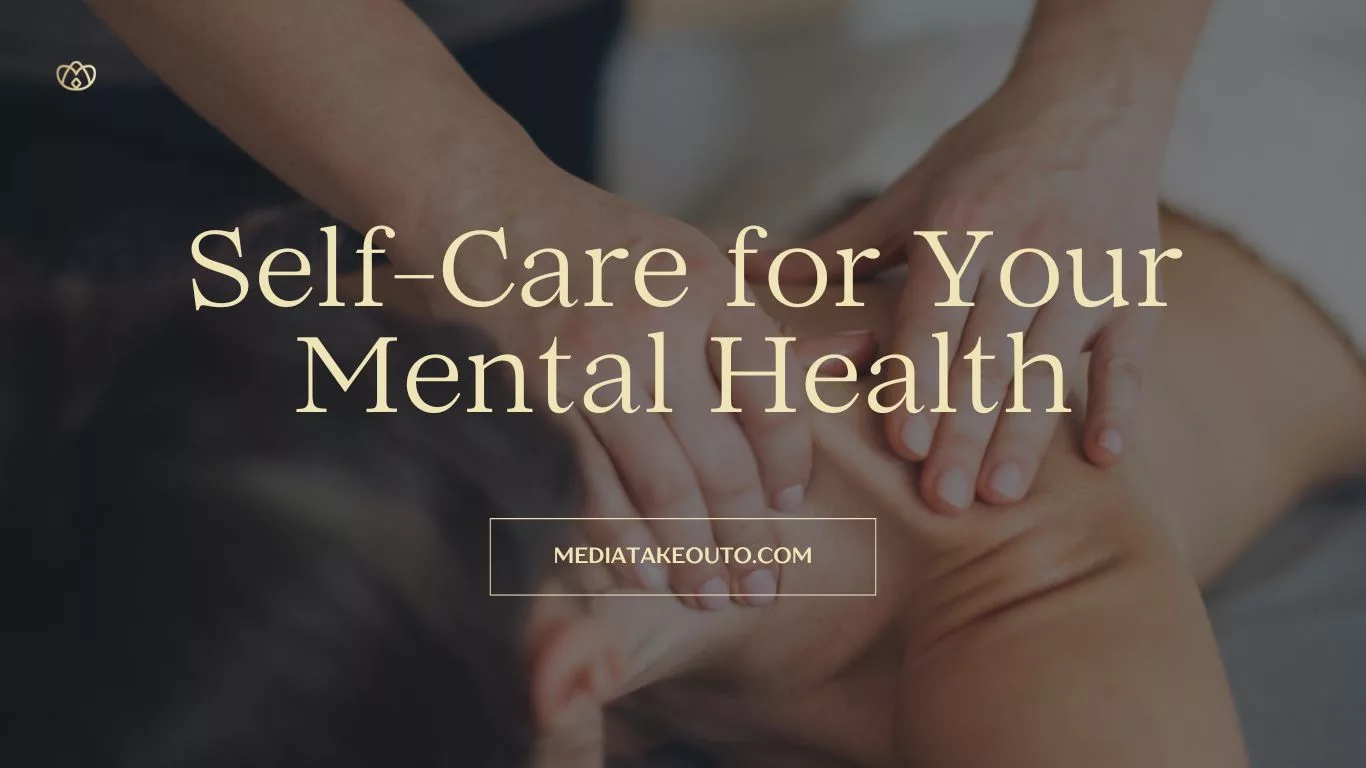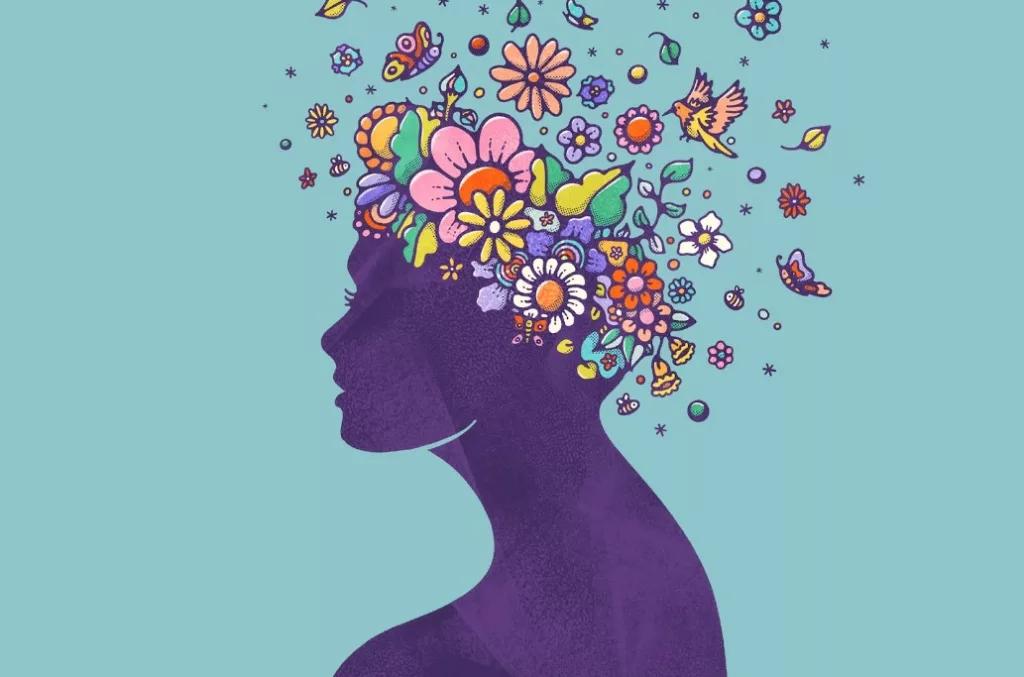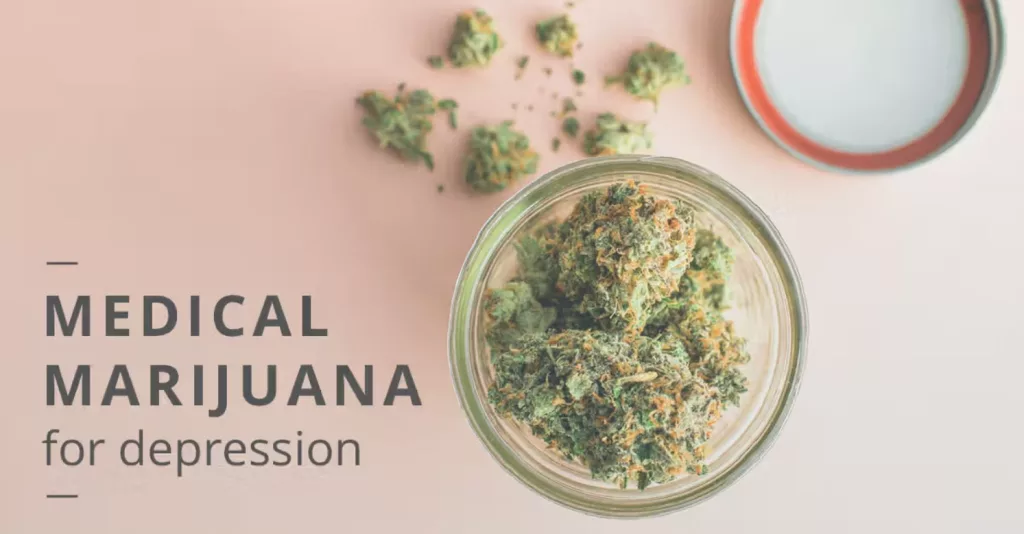
Self-Care for Your Mental Health
In a world that’s perpetually in motion, the stillness required for introspection and self-care often falls by the wayside. Yet, the state of our mental health is a compass by which we navigate the complexities of life. It whispers to us the need for care and attention, especially when overwhelmed by the noise around us.
Self-care is not an indulgence. It is a fundamental practice that keeps our mental health in check. It’s the sum of actions we take to live not just comfortably, but contentedly and healthily. Yet, many misconstrue self-care as a luxury rather than a necessity. It’s a practice that demands as much attention and regularity as our physical health.

The Pillars of Self-Care
At the core of self-care are several pillars, each supporting an aspect of our well-being:
Physical self-care involves caring for our bodies, which, in turn, shelters our minds. This means regular exercise, a balanced diet, and adequate rest. It’s about acknowledging the temple that is our body and nurturing it—not as an afterthought but as a priority. This could mean saying no to another late night in favor of sleep or choosing the salad over the fries—not always, but when it feels right.
Emotional self-care is the process of becoming aware of and managing our thoughts and feelings. It means finding stress-relief outlets and acknowledging our emotional triggers. It’s about taking a moment to breathe when anger flares or stepping back to assess why a certain news story catapults us into anxiety. Emotional self-care is about giving ourselves permission to feel and express our emotions in healthy ways.
Social self-care requires us to set boundaries in relationships and invest in connections that uplift us. It’s about quality, not quantity. It’s about knowing who to call when we need to talk and ensuring we reciprocate that support. Social self-care means building and nurturing relationships that provide joy and comfort, and that often involves being vulnerable and authentic.
Intellectual self-care involves activities that stimulate the mind and keep us curious—like learning a new skill or delving into a good book. It’s about challenging our minds and not letting the monotony of daily routines dull our intellectual edge. It can be as simple as solving a puzzle or as complex as learning a new language. It’s the spark that keeps our minds lit and our perspectives fresh.
Spiritual self-care does not necessarily relate to religion but to whatever allows us to develop a deeper sense of meaning, understanding, or connection with the universe. For some, this might involve prayer or attending a service. For others, it could mean a walk in nature, yoga, or meditation. Spiritual self-care is about finding peace and purpose beyond the material world.

Establishing a Self-Care Routine
Self-care isn’t a ‘one size fits all’. It requires listening to your needs and adapting. It’s a rhythm, unique as a fingerprint, personal and ever-changing. Consistency in self-care practices breeds habits that form the backbone of mental resilience. It’s about setting aside time in our busy schedules and marking it as non-negotiable. Whether it’s morning yoga, a weekly bath, or a nightly journaling session, these routines become sanctuaries of peace in our hectic lives.
Mindfulness and Meditation
Mindfulness invites us to live in the present, to acknowledge each moment. Integrating meditation into daily life can be as simple as spending five minutes in silent reflection each morning. It’s about cultivating a habit of pausing and being present amid the chaos of day-to-day life. Meditation doesn’t require hours of silence or an absence of thought. It’s the act of observing without judgment and returning to the breath whenever distractions arise.
Physical Activity as a Foundation

Physical activity is a cornerstone of mental health. Movement releases endorphins, which are natural mood lifters. The key isn’t the intensity but the regularity. It’s about finding activities we enjoy, be it dancing, running, or just a leisurely stroll. Consistent physical activity is about honoring the body’s need for movement and the mind’s need for a break.
Nutrition and Mental Health
The brain is an organ that requires different nutrients to function optimally. Foods high in omega-3 fatty acids, for example, support brain health. The mindful approach to eating—savoring each bite—can turn a meal into a meditative practice. It’s about enjoying the textures, the flavors, and the experience of nourishment. Food is not just fuel; it’s a source of pleasure and should be treated as such.
The Importance of Sleep
Sleep is as critical to our mental health as it is to our physical health. It’s during sleep that our body repairs itself. Good sleep hygiene sets the stage for better sleep and, consequently, a better mood. Establishing a nightly routine signals to our body that it’s time to wind down. This could mean dimming the lights, turning off screens, or reading a book. Quality sleep is foundational to self-care and can affect everything from our mood to our cognitive abilities.
Social Connections and Community
Human beings are inherently social creatures. Healthy relationships act as a buffer against mental distress. Community, whether found in friends, family, or support groups, provides a network of care and empathy. It’s these connections that remind us we’re not alone, and that our joys and struggles are shared. In a society that often prioritizes independence, it’s important to remember the strength found in interdependence.
The Role of Cannabis in Mental Health Self-Care
With growing research on its potential benefits, cannabis has emerged as a tool for some in their self-care toolkit, particularly in the realm of mental health.
Understanding different strains and their effects, alongside responsible consumption practices, is essential. This means starting with lower doses and gradually finding what works best for you. It’s about respecting the substance and your body’s response to it. Safety should always be the priority, and with cannabis, this often means educating oneself and adhering to the laws and regulations of your region.
Microdosing cannabis is the practice of taking very small amounts of cannabis to reap the benefits without experiencing a strong psychoactive effect. It can be a part of a balanced self-care routine but must be approached with caution and knowledge. It’s a nuanced approach that may help to manage stress, anxiety, and other mental health issues, but it is not a cure-all and is best utilized as one aspect of a comprehensive self-care plan.
Read more: Can You Get High from Cat Pee? TOP 3+ Facts You Should Know
Professional Support and Therapy
Self-care and professional help are not mutually exclusive. Recognizing when you need professional support is a crucial aspect of self-care. Whether it’s a counselor, psychologist, or psychiatrist, professional insight can be invaluable. These experts can provide strategies and tools that complement personal self-care routines, offering a holistic approach to mental health.
Dealing with Stigma and Self-Compassion

Battling the stigma associated with mental health is an ongoing fight. Cultivating self-compassion means forgiving ourselves for not having all the answers and for needing help sometimes. It’s about replacing self-criticism with patience and kindness. Self-compassion is the gentle understanding that being human means being flawed, and that’s okay.
Conclusion
Self-care is an individual journey and a personal responsibility. It’s a way to preserve our mental health amidst life’s inevitable storms. It’s a continuous process that thrives on adjustment and care. It’s a commitment to oneself that says, “I am worthy of this time and this effort.”


